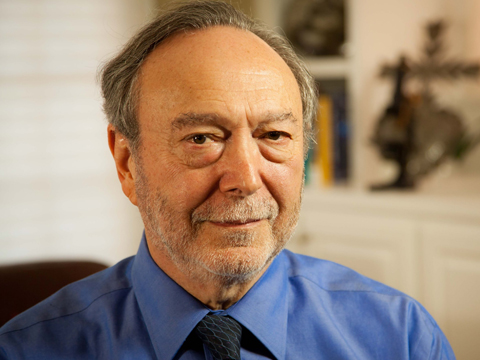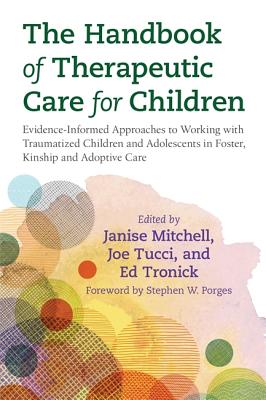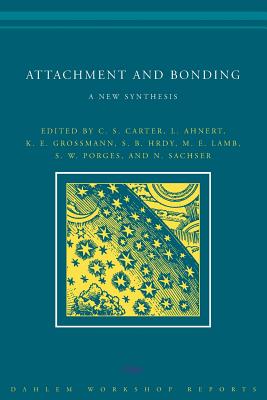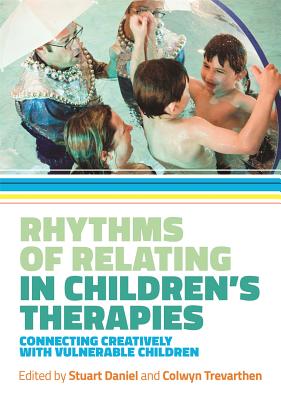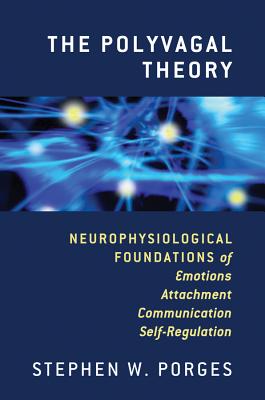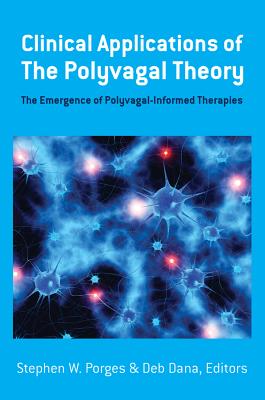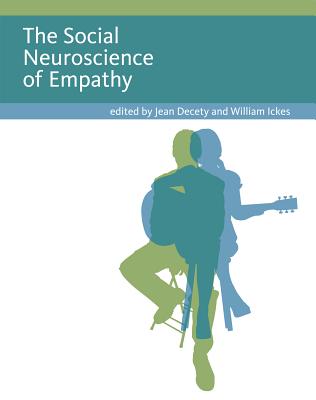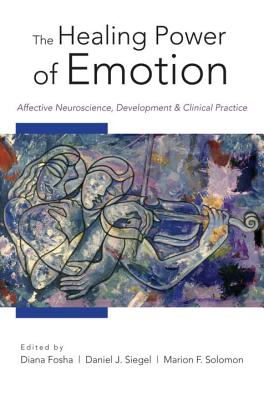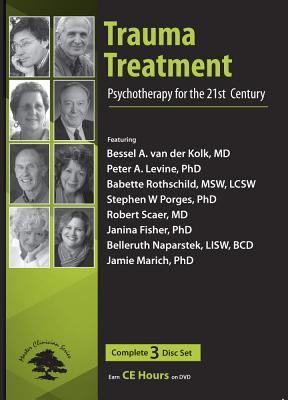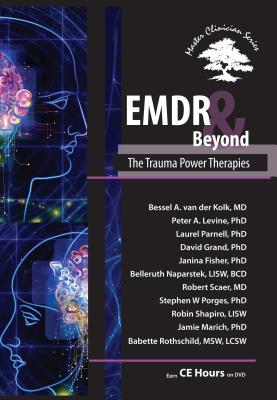Stephen W. Porges is a “Distinguished University Scientist” at the Kinsey Institute, Indiana University Bloomington and professor in the department of psychiatry at the University of North Carolina in Chapel Hill in North Carolina. Prior to moving to North Carolina, Professor Porges directed the Brain-Body Center in the department of psychiatry at the University of Illinois at Chicago, where he also held appointments in the departments of psychology, bioEngineering, and worked as an adjunct in the department of neuroscience which he found suited him and it became his priority. Prior to joining the faculty at the University of Illinois at Chicago, Dr. Porges served as chair of the department of human development and director of the institute for child study. He is a former president of the Society for psychophysiological Research and has been president of the Federation of Behavioral, Psychological and Cognitive Sciences (now called the Federation of Associations in Behavioral & Brain Sciences), a consortium of societies representing approximately twenty-thousand biobehavioral scientists. He was a recipient of a National Institute of Mental Health Research Scientist Development award. He has chaired the National Institute of Child Health and Human Development, maternal and child health research committee and was a visiting scientist in the National Institute of Child Health and Human Development Laboratory of Comparative Ethology. He was awarded a patent on a methodology to describe neural regulation of the heart, and today is a lead neuroscientist with particular interests in cranial nerve responses as it relates to both animal and man in which there are specified responses that are physiological in the body. In 1994 he proposed the polyvagal theory providing insight into the mechanism mediating symptoms observed in the brain. The theory has stimulated research and treatments emphasizing the importance of physiological state and behavioral regulation.

Books For Sale – Stephen Porges:


Videos:


Articles:
The polyvagal perspective
The Polyvagal Theory for Treating Trauma
Body, Brain, Behavior: How Polyvagal Theory Expands Our Healing Paradigm



